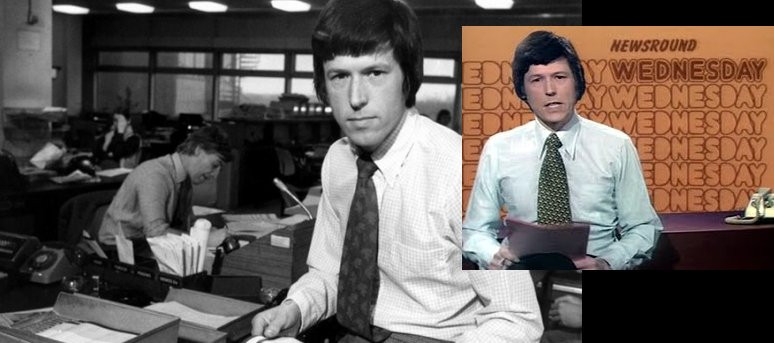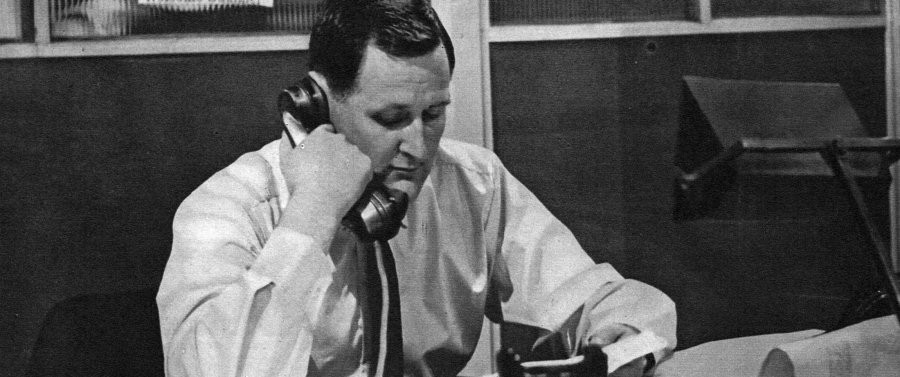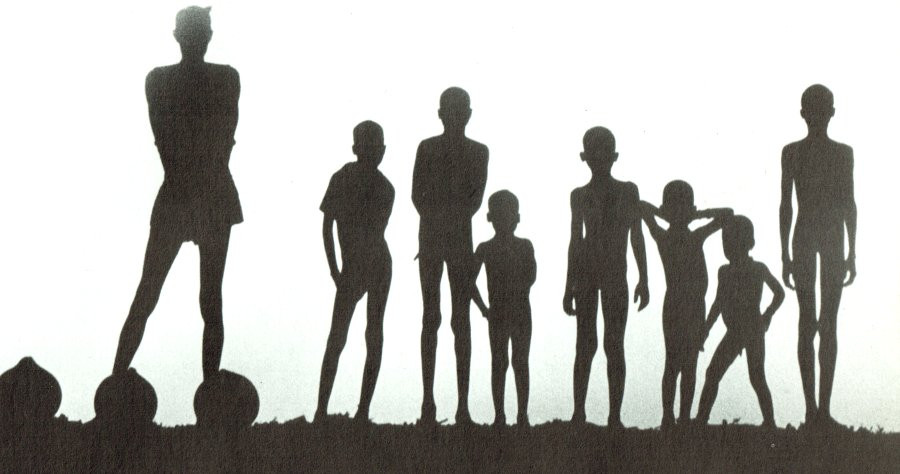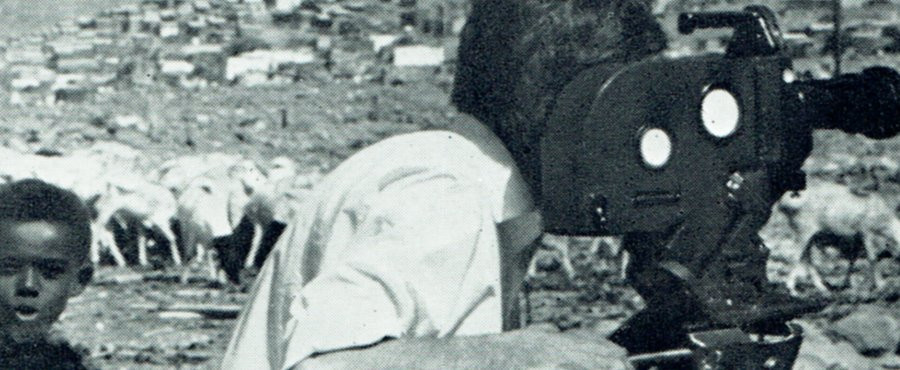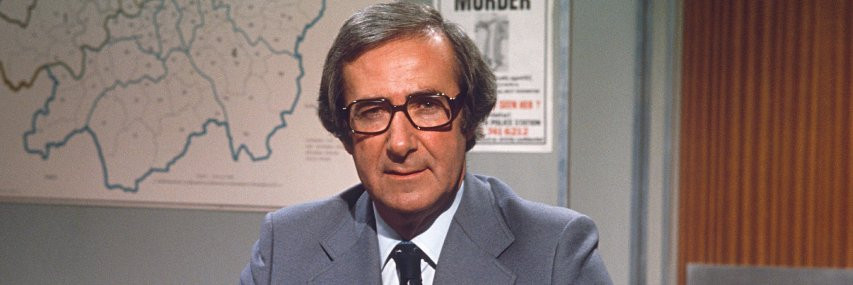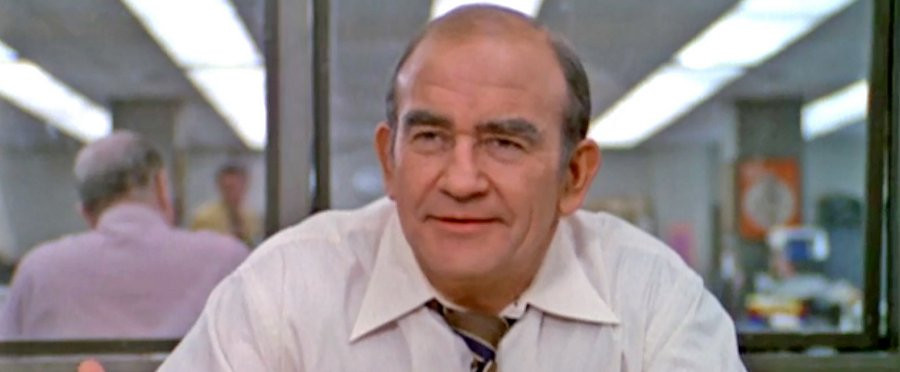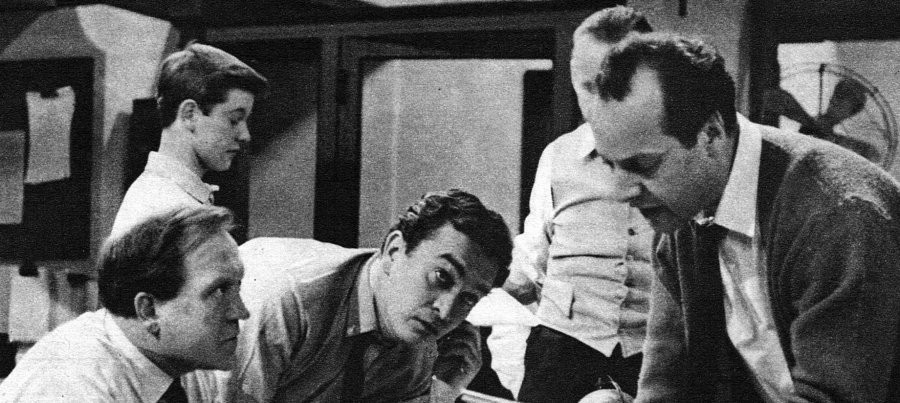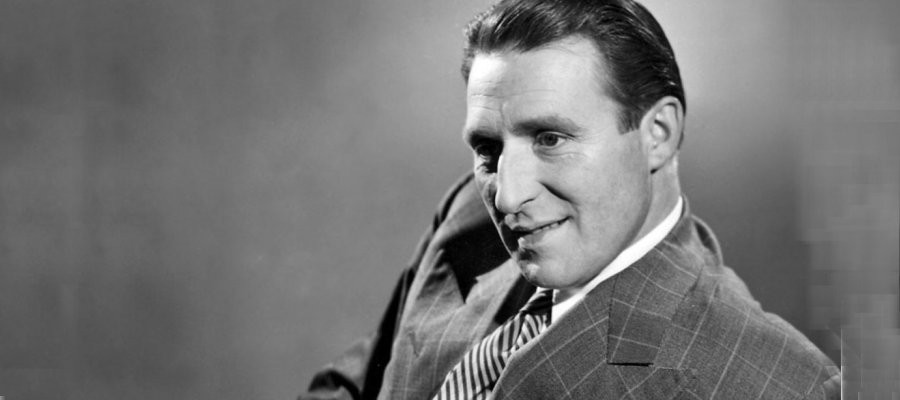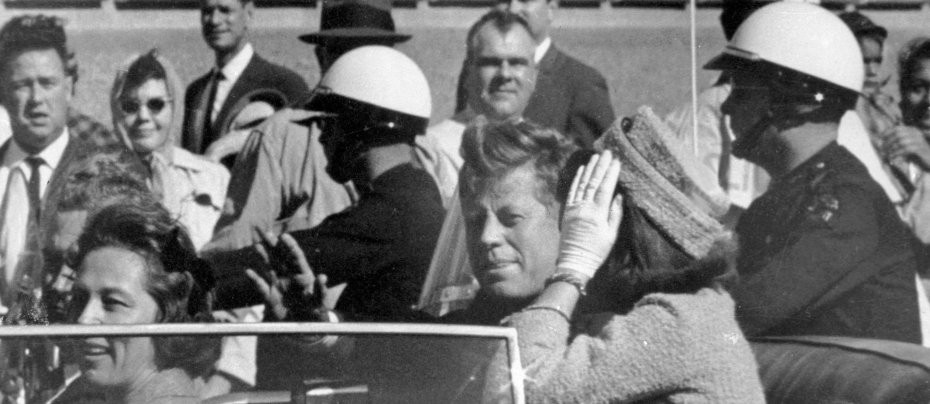
As the World Looked On
"Madam," replied the CBS anchor, "you ARE speaking to Walter Cronkite, and you are a God damned idiot!"
The 9/11 terrorist attacks on New York City and Washington DC in 2001 were a modern-day example of how television news has responded to a serious, breaking and ongoing story. But imagine a time when there were no 24-hour news channels, very little satellite technology, bulky cameras and only three broadcast networks.
That time was November 22nd, 1963.
From the first shots fired at President John Kennedy's motorcade, to the funeral of the nation's commander-in-chief, American television rose to the occasion and became the nation's fireplace where we received the tragic news and followed each event. (I was only six years old when Kennedy was assassinated, but I do have images of that weekend, especially spending a lot of time at my grandparents' home, where the president's death was treated the same as if we had lost a beloved family member. In a way, I guess we did.) In the process, the news departments of ABC, CBS and NBC grew up a lot during that horrible four-day period. Television had become the medium we could count on in times of crisis.
At 1:40 PM on the afternoon of Friday, November 22nd, all three networks aired their usual daytime lineups. That moment, during a tense plot on the soap opera As The World Turns, a graphic filled the screen and the voice of Walter Cronkite announced:
"Here is a bulletin from CBS News. In Dallas, Texas, three shots were fired at President Kennedy's motorcade in downtown Dallas. The first reports say that President Kennedy has been seriously wounded...."
CBS cut back to the live As The World Turns, but returned to Cronkite--now on screen--just minutes later. (After that experience, CBS built a special set where the anchor can be both seen and heard by viewers during news bulletins.) ABC and NBC followed suit with their own reports just minutes later. (At the time, NBC was the leader in nightly news, thanks to the top-rated broadcast of Chet Huntley and David Brinkley.) Cronkite had been the anchor of the CBS Evening News since mid-1962 when he replaced Douglas Edwards. And ABC--the third-rated network--was considered to have the worst news organization of the three American outlets.)
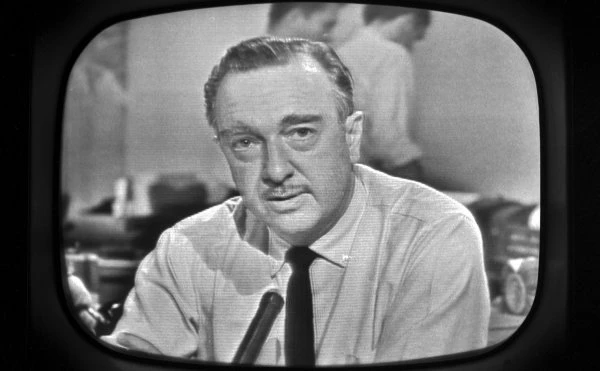
After Cronkite anchored for six hours, he was able to get off the air and planned to make a call to his wife. He picked up the phone, thought it was a free line, but at the other end was a woman who demanded to speak to someone "in charge of the news." Cronkite told her she had reached the newsroom, and she continued "I want to complain of your having Walter Cronkite on the air at a time like this, crying his crocodile tears when we all know he hated Jack Kennedy."
"Madam," replied the CBS anchor, "you ARE speaking to Walter Cronkite, and you are a God damned idiot!" He then hung up.
Earlier in Dallas, bureau reporter Dan Rather had a reporter's worst nightmare. While making calls to Parkland Hospital, where Kennedy was taken for surgery, Rather managed to get hold of a priest, who told him the president was dead. Thinking he was talking to another reporter on another line, Rather said "Yes, yes. That's what I heard too. That he's dead." But the person on the other line was a CBS radio editor. Soon after, the network was the first to report on Kennedy's death--much to Rather's concern and anger. The priest turned out to be correct. Amazingly, no one at the time knew which CBS News reporter broke the story. But Rather's performance got him noticed. He soon became the White House reporter, covering Presidents Lyndon Johnson and Richard Nixon. By 1981, he would become Walter Cronkite's successor on the CBS Evening News.
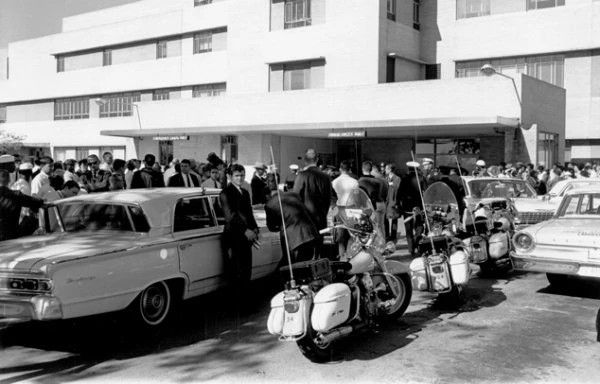
Over at NBC, correspondent Robert McNeil managed to get through to the network at a pay phone from Parkland Hospital. On the air were Chet Huntley, Frank McGee and Bill Ryan. Unfortunately, NBC technicians could not hook up audio so McNeil could be heard. McGee ended up repeating McNeil's account from the phone to the television audience. Once Kennedy's death was official, all three networks suspended regular programming as events continued to unfold that day: The arrest of accused assassin Lee Harvey Oswald; the transport of Kennedy's body from Dallas to Washington DC; Vice-President Lyndon Johnson taking the oath of office aboard a jet back to the capitol; the newly widowed Jackie Kennedy standing next to him, wearing the same pink dress--now splattered with blood--she had worn in the Dallas motorcade.
The networks continued through Friday night and Saturday with more news coverage, instant biographies of the fallen president, and memorial concerts.
On Sunday, November 24th, Oswald was being transferred to another jail in Dallas. It was a routine trip that became anything but when local night club owner Jack Ruby shot and killed Oswald. NBC was broadcasting a church service when the shooting took place; the network quickly switched to the jail as Oswald was wounded. Using videotape equipment that had provided slow motion replays of sports events, both NBC and CBS soon air a videotape of the incident--in gruesome slow motion--over and over again. ABC reportedly had a camera crew covering Oswald's transfer, but their bosses told the crew to cover a funeral service instead--minutes before the shooting. New York Times television critic Jack Gould called the on-air murder, "easily the most extraordinary moments of TV that a set-owner ever watched."
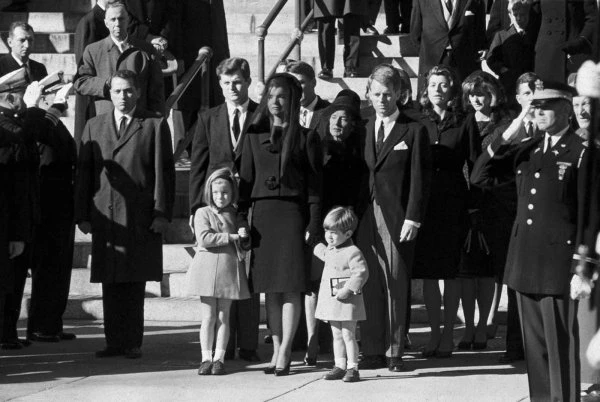
Monday, November 25th. Americans were glued to their televisions (and radios) as the funeral took place. For TV viewers, a number of images stuck with them: The mass at Washington's St. Matthew's Church. The procession rolling down the streets of the capital. Young John Kennedy Junior ("John-John") saluting his father's coffin as it passes by. The 21-gun salute at Arlington National Cemetery where the fallen chief executive is buried. And in between, the faces of grief-stricken Americans--some crying, some praying, others watching, all drinking in the sombre events.
Overall, the broadcast networks lost an estimated 40-million dollars in revenues (and that was in 1963 dollars). At times, according to A.C. Nielsen, 93 percent of all American homes were tuned to the coverage. But the financial cost was small compared to the national good. American television news grew up a lot that tragic weekend. The power of the images, tragic and reassuring, proved to be the perfect tonic for a nation that could not believe someone would kill the president of the world's most powerful country.
Technology has changed since November 1963. That was certainly apparent in those first few hours on September 11th, 2001, as America--and the world--watched the terrorist attacks on the World Trade Center and the Pentagon. Once again, television became a source to turn to when events did not make sense. And for the most part, American broadcasters came through in a time of crisis. Just as they did nearly 40 years earlier.
Published on November 22nd, 2023. Written by Mike Spadoni (2003) for Television Heaven.


